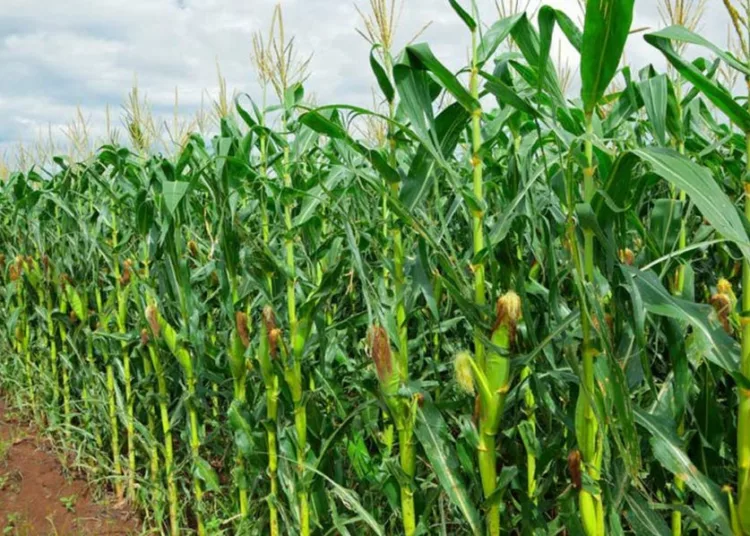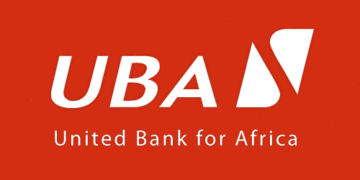Experts in the Agric sector have stated that the release of the TELA maize in Nigeria would contribute to food nutrition security in line with the federal government’s agricultural transformation agenda.
The federal government of Nigeria has approved the commercial release of transgenic insect resistant and drought tolerant maize varieties, known as TELA maize.
The approval was granted by the National Committee on Naming, Registration and Release of Crop Varieties, Livestock breeds/Fisheries (NCNRRCVLF) headed by Prof Olusoji Olufajo at its 33rd meeting at the National Centre for Genetic Resources and Biotechnology (NACGRAB), Ibadan on January 11, 2024.
Reacting on the development, the executive director AATF’s, Dr Canisius Kanangire, reaffirms unwavering commitment of AATF’s in addressing challenges faced by farmers across the continent.
In his part, the executive secretary, Agricultural Research Council of Nigeria (ARCN), Prof Garba Sharubutu, said the approval of the TELA Maize variety in Nigeria is a critical milestone that confirms the potential of biotechnology in ensuring food and nutrition security, and improved livelihood of farming households in Africa.
In a similar reaction, the director-general, National Biotechnology Development Agency (NABDA), Prof Mustapha Abdullahi celebrated the release saying that, with the advent of TELA Maize, farmers will reduce the use of pesticides on maize to the bare minimum which is beneficial to humans, livestock, and environment.
The TELA Maize Project manager, Dr Sylvester Oikeh celebrated the decision by Nigeria by calling on other countries in Africa to act for farmers.
Oikeh said “I am encouraged by this decision by the federal government of Nigeria that reflects their commitment to the needs of farmers.
“I congratulate the scientists for their hard work and dedication that has seen the product getting closer to farmers and look forward to other countries making similar decisions for the good of the farmer.”
The other partners in the TELA Maize project include National Agricultural Research Institutes in Kenya, Mozambique, Ethiopia, and South Africa, International Maize, and Wheat Improvement Center (CIMMYT), Bayer, with funding from Bill and Melinda Gates Foundation and USAID.
Development of the improved varieties was led by the Institute for Agricultural Research (IAR) Samaru, Ahmadu Bello University Zaria through the TELA Maize Public-Private Partnership coordinated by AATF.
AATF is an international not-for-profit organisation that is empowering smallholder farmers across Sub-Saharan Africa with a wide choice of agricultural innovations that contribute to food and nutrition security to generate health and wealth for their families and communities.











